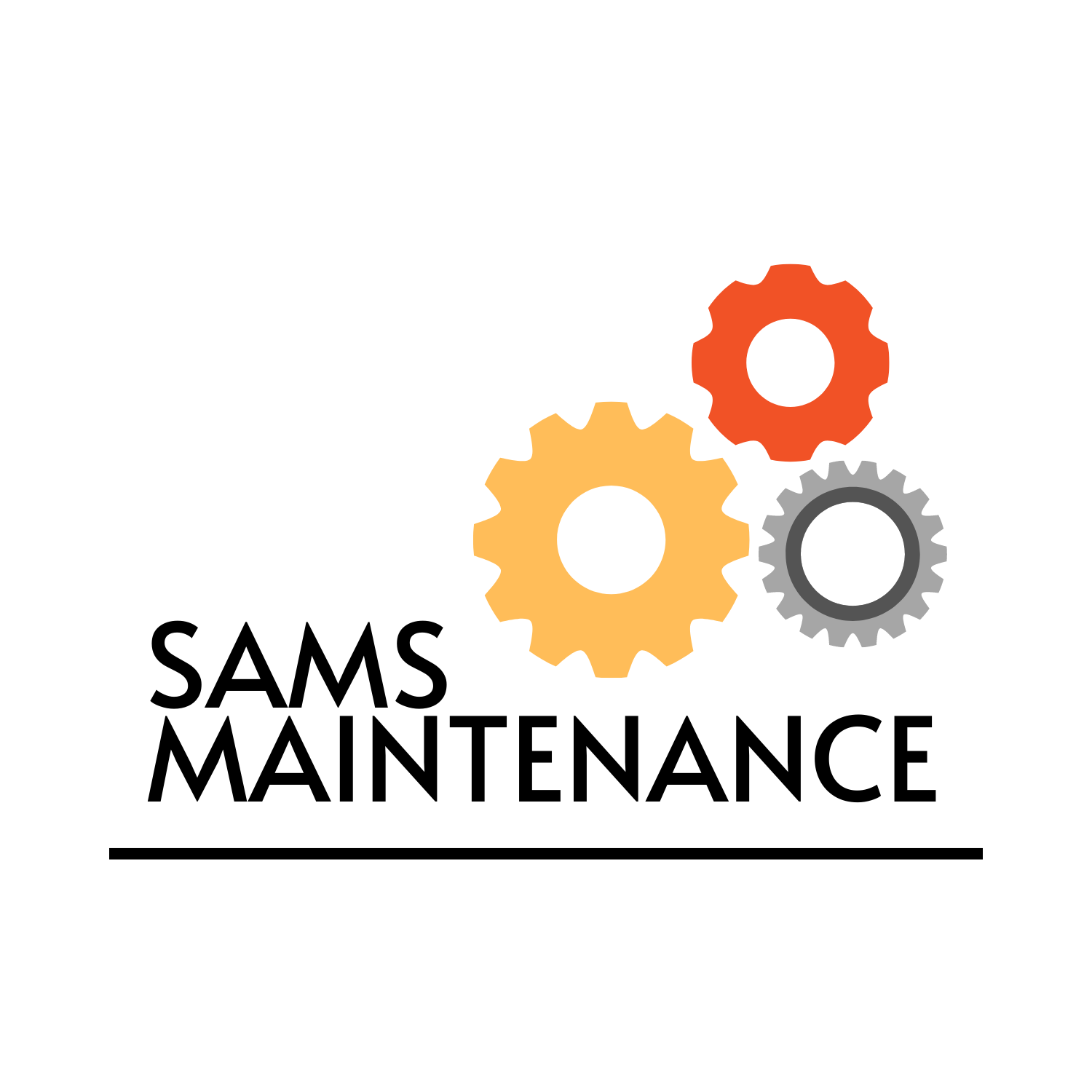Effective home maintenance is crucial for preserving the integrity and longevity of your property, ensuring it remains safe, comfortable, and energy-efficient. By creating a comprehensive home maintenance schedule, homeowners can stay on top of regular tasks, prevent costly repairs, and maintain their property’s overall value. In this guide, we’ll explore the importance of normal maintenance on a house, provide tips on how to create a personalized home maintenance schedule, and discuss the five most critical items that require regular attention in a residential estate.
From roof maintenance to pest control, understanding what needs to be done and when is essential for maintaining a well-run household. With the right tools and resources, homeowners can easily create a customized schedule that meets their unique needs and preferences. Whether you’re looking for a printable home maintenance schedule or a cleaning schedule for your home, our comprehensive guide has got you covered.
By following these simple steps and staying organized, homeowners can enjoy a range of benefits, including reduced stress, increased savings, and a greater sense of pride and ownership over their property. So why wait? Start creating your own home maintenance schedule today and take the first step towards a happier, healthier, and more sustainable living space.

Normal Maintenance on a House
The importance of regular maintenance on a house cannot be overstated. A well-maintained home is not only safer and more energy-efficient, but it also retains its value better.
- According to Nolo, regular home maintenance can save you money in the long run by preventing costly repairs and reducing energy bills.
- The U.S. Environmental Protection Agency recommends performing routine checks on your home’s systems, such as the HVAC and plumbing, to identify potential issues before they become major problems.
Seasonal Tasks
Performing seasonal tasks is crucial to maintaining your home’s integrity. Here are some essential tasks to consider:
- Cleaning gutters and downspouts in the spring and fall to prevent water damage and foundation issues.
- Inspecting and cleaning the HVAC system twice a year to ensure optimal performance and efficiency.
- Changing air filters monthly to improve indoor air quality and reduce energy consumption.
- Checking for leaks and damaged pipes during the winter months to prevent frozen pipes and water damage.
Preventative Maintenance
Regular preventative maintenance can help identify potential issues before they become major problems. Some essential tasks to consider include:
- Inspecting roof vents and chimneys for debris and damage.
- Checking smoke and carbon monoxide detectors to ensure they are functioning properly.
- Testing door and window seals to prevent air leaks and moisture intrusion.
- Trimming trees and shrubs to prevent branches from damaging your home’s exterior.
DIY Repairs
Performing simple DIY repairs can help extend the life of your home’s systems and components. Some essential tasks to consider include:
- Replacing light fixtures and ceiling fans to improve lighting and ventilation.
- Fixing leaky faucets and toilets to conserve water and reduce waste.
- Sealing gaps and cracks around windows and doors to prevent air leaks and moisture intrusion.
- Installing storm windows and doors to enhance energy efficiency and security.
Create a Comprehensive Home Maintenance Schedule
- Start by assessing your home’s systems and components, including plumbing, electrical, HVAC, and roofing.
- Seasonal tasks: Create a calendar to track seasonal tasks, such as:
- Spring: Clean gutters, inspect roof for damaged shingles, and power wash decks and patios.
- Summer: Maintain lawn care, trim trees and shrubs, and inspect AC units.
- Autumn: Rake leaves, clean out gutters, and prepare heating systems for winter.
- Winter: Insulate pipes, check for drafts, and maintain snow removal equipment.
- Daily and weekly tasks: Establish routines for daily and weekly chores, such as:
- Clean up after meals, wipe down kitchen counters, and take out trash.
- Vacuum and mop floors, dust surfaces, and change air filters.
- Monthly tasks: Set reminders for monthly tasks, such as:
- Check smoke detector batteries, inspect fire extinguishers, and review insurance policies.
- Inspect water heaters, check for leaks under sinks, and clean refrigerator coils.
- Annual tasks: Schedule annual tasks, such as:
- Inspect roof for damaged or missing shingles, clean chimney, and inspect HVAC units.
- Check for termite damage, inspect foundation, and review property taxes.

Maintenance Plan for a House
Create a comprehensive home preventative maintenance schedule to keep major systems in your home functioning properly. Here’s a step-by-step guide to help you get started:
- Develop a routine maintenance schedule tailored to your home’s specific needs, considering factors like climate, age, and usage.
- Identify potential issues and prioritize tasks based on urgency and importance.
- Conduct regular inspections to detect and address problems before they become major issues.
- Stay organized by keeping track of maintenance records, receipts, and schedules.
- Consider energy-efficient upgrades to reduce energy consumption and lower utility bills.
- Regularly inspect and maintain your roof, gutters, and downspouts to prevent water damage.
- Perform annual roof inspections to identify potential leaks and damage.
- Keep your HVAC system well-maintained to ensure efficient operation and prolong its lifespan.
- Change air filters regularly to improve indoor air quality and system performance.
- Don’t forget to inspect and maintain your plumbing system, including pipes, fixtures, and appliances.
- Check for leaks and water damage to prevent costly repairs.
- Regularly inspect and maintain your electrical system, including outlets, switches, and circuit breakers.
- Check for signs of wear and tear to prevent electrical shocks and fires.
By following these steps and staying on top of maintenance, you’ll be able to keep your home running smoothly and efficiently, reducing the risk of costly repairs and ensuring a safe living environment.
Residential Estate Maintenance Essentials
- Create a comprehensive maintenance plan tailored to your estate’s unique needs.
- Regular inspections: Schedule regular checks to identify potential issues before they become major problems.
- Addressing leaks and water damage: Fix any leaks promptly to prevent further damage and costly repairs.
- Seasonal upkeep: Perform tasks like cleaning gutters, inspecting roof integrity, and trimming trees to maintain your estate’s overall health.
- Invest in energy-efficient upgrades to reduce utility bills and minimize environmental impact.
Top Priorities for Homeowners
- Roof maintenance: Regularly inspect and repair or replace your roof to ensure it remains watertight and secure.
- Plumbing system maintenance: Check for leaks, corrosion, and other issues to prevent costly repairs down the line.
- Electrical system maintenance: Hire a licensed electrician to inspect and upgrade your electrical system as needed.
- Install a ductless air conditioning system for efficient cooling and reduced energy consumption.
- Yard work and landscaping: Maintain your lawn, gardens, and outdoor spaces to enhance curb appeal and property value.
Expert Guidance for a Well-Maintained Estate
For personalized advice and expert guidance, consult with local professionals or seek recommendations from trusted friends and family members.
Stay Informed with the Latest Trends
Follow reputable sources like the National Association of Realtors, the American Society of Home Inspectors, and local news outlets for the latest updates on residential estate maintenance and improvement.
How to Upkeep a House
- Home Maintenance Tips: Regular upkeep is essential to prevent costly repairs and maintain your home’s value.
- Start by creating a routine maintenance schedule, which includes tasks such as cleaning gutters, inspecting roof leaks, and checking smoke detector batteries.
- Clean Gutters: Clogged gutters can cause water damage and foundation problems, so it’s crucial to clean them regularly.
- Maintain Your Home Insulation: Proper insulation helps regulate temperature and reduce energy bills.
- Seasonal Upkeep: Perform seasonal tasks such as power washing decks, inspecting chimneys, and preparing HVAC systems for winter.
- Preventive Maintenance: Regular inspections and maintenance can help identify potential issues before they become major problems.
- Prevent Pests and Damage: Seal entry points, trim trees, and remove debris to prevent pest infestations and property damage.
DIY Repairs and Projects
- DIY Repairs: Take on small projects and repairs to save money and develop your skills.
- Family Handyman Project List: Find inspiration and guidance for various DIY projects and repairs.
Seasonal Tasks
- Spring Cleaning: Prepare your home for warmer weather by cleaning out gutters, inspecting roof leaks, and power washing decks.
- Summer Maintenance: Check air conditioning units, inspect windows, and seal drafts to prevent heat loss.
- Fall Preparation: Prepare your home for colder weather by insulating pipes, sealing drafts, and cleaning gutters.
- Winterization: Insulate exposed pipes, seal drafts, and prepare your home for freezing temperatures.

Maintaining Managed Properties: A Comprehensive Guide
The importance of regular maintenance cannot be overstated, particularly when it comes to managed properties.
- Predictive Maintenance: This type of maintenance involves identifying potential issues before they become major problems, allowing for proactive measures to be taken to prevent damage or downtime.
- Preventative Maintenance: As its name suggests, this approach focuses on preventing problems from occurring in the first place through routine inspections and tasks.
- Reactive Maintenance: In contrast, reactive maintenance responds to issues as they arise, often resulting in more costly repairs and reduced property value.
Benefits of Effective Maintenance
Regular maintenance can have numerous benefits, including:
- Reduced downtime and increased productivity
- Lower energy consumption and associated costs
- Improved property value and resident satisfaction
- Extended equipment lifespan and reduced replacement costs
Best Practices for Maintenance Teams
To ensure effective maintenance, teams should:
- Develop a comprehensive maintenance plan tailored to the property’s unique needs
- Conduct regular inspections and assessments to identify potential issues
- Implement a preventive maintenance schedule to minimize downtime and costs
- Train staff on the importance of maintenance and provide ongoing support
Conclusion
In conclusion, effective maintenance is crucial for managing properties and achieving optimal results.

0 Comments